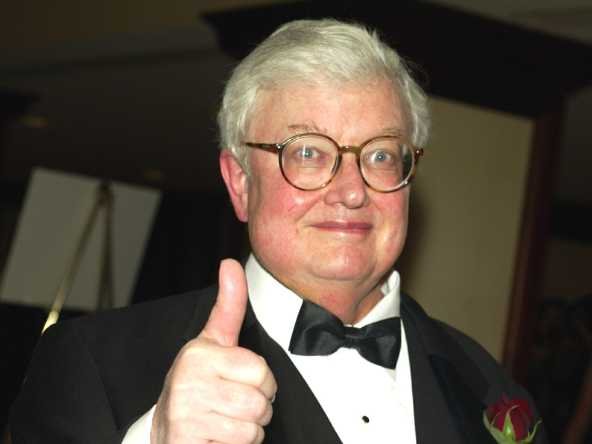Written by Robin Hitchcock
 |
| Film critic Roger Ebert, 1942–2013 |
Roger Ebert died at age 70 yesterday, only days after announcing he would be taking a “leave of presence” from his career because his cancer had returned. Hearing the sad news of his passing, those words stand out in my mind: “leave of presence.” Even though Ebert has gone to that great movie theater in the sky, his presence will always be felt by movie lovers, cultural commentators, and writers of all stripes. As someone who not only loves movies and writing but writes about movies, I am feeling the loss of Roger Ebert to my very core.
Watching Siskel & Ebert At the Movies was a Sunday morning ritual in my house growing up. Other people went to church; my family watched a syndicated film review program. And I was indoctrinated as a movie lover. I remember that even as a child I was struck by Ebert’s joyful love of film. His job title may have been “film critic,” but he often seemed to be more of a “film appreciator.” Unlike pop culture’s caricature of critics, from Waldorf and Statler in the Muppets to Jay Sherman on The Critic, Ebert wasn’t looking for things to complain about. He wanted to like movies. One of Ebert’s core principles of movie reviewing was to evaluate a movie in its own standing: he wouldn’t detract a kids’ movie for being childish or a broad comedy for failing to take on serious social issues. This guy gave four stars to The Karate Kid. He knew a great movie when he saw one.
Nevertheless, Ebert may be better remembered for his negative reviews, because his biting wit was well-employed in take downs of the worst that the cinema had to offer. Ebert published two books compiling his harshest reviews, I Hated Hated Hated This Movie in 2000 and Your Movie Sucks in 2007. On his television program, many of Ebert’s “thumbs down” takes on film had the air of “I’m not mad, I’m just disappointed.” It took a lot to get Ebert to really let loose the vitriol, but when he did, it was priceless. (Ebert also published several volumes on The Great Movies, well worth your time!)
While Ebert was able to fully enjoy and celebrate mainstream entertainment, he was still a great advocate for smaller and independent films. He’s hosted a film festival colloquially called EbertFest for the past 15 years, meant to champion “overlooked” films, in later years placing them alongside revisited classics. We here at Bitch Flicks know all to well that women-centric films can be overlooked by Hollywood, and EbertFest gave a select few of them, including Vera Farmiga’s Higher Ground and Lena Dunham’s Tiny Furniture, a second day in the spotlight. I also clearly remember Ebert selecting Eve’s Bayou as the best film of 1997, which is what brought me to watch it, and it is one of my favorite films of all time.
As a champion of both low-brow but satisfying flicks and brilliant works outside of the mainstream, Roger Ebert’s pure love of movies brought an inclusiveness to his work that is exceptionally appealing to this feminist critic. He would never dismiss a rom-com for being a “chick flick,” and he was an advocate for the smaller women-centric films that so often go overlooked. Ebert’s incredible perspective on the cinematic landscape, his infectious love for movies, and his inimitable writing skills have shaped the last forty years of media criticism. His influence will live on, his memory will inspire and guide us, and film reviews and films themselves will be all the better for it. Thumbs up, Mr. Ebert.
